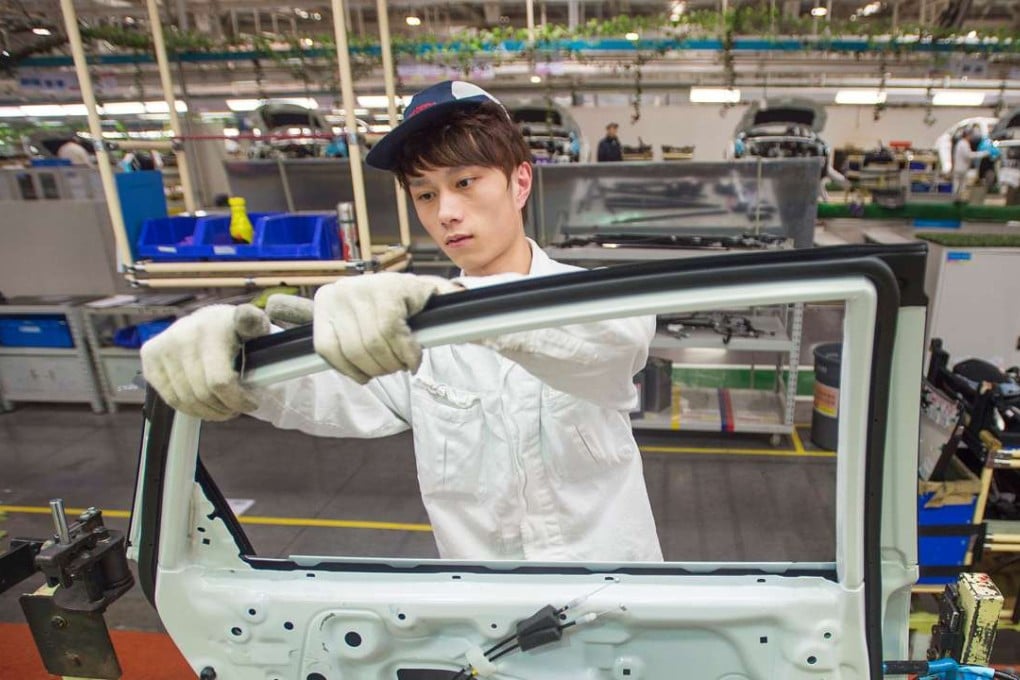China’s growth stabilises, but dangers loom, say economists
Lack of clarity about President Donald Trump’s economic policies adding to the uncertainties facing the mainland economy, according to observers

China’s economic growth looks stronger so far this year, but the country still faces financial risks and uncertainties created by the lack of clarity over the policies to be pursued by Donald Trump’s administration in Washington, Chinese economists said.
The world’s second-largest economy is likely to grow by seven per cent in the first quarter due to a recovery in manufacturing and exports, said Liang Hong, chief economist at China International Capital Corporation, a leading brokerage firm in the mainland. That compares with growth of 6.8 per cent posted in the final quarter of last year.
Without black swan events such as “a cliff fall in external demand” or a rapid rise in real interest rates in China, the nation’s economic recovery will continue, Liang told a forum held by the National School of Development at Peking University on Sunday.
However, the risk of capital flowing out of the country will persist as the US Federal Reserve is likely to continue to raise interest rates, said Guan Tao, a former senior official at the State Administration of Foreign Exchange.
This is forcing China’s central bank to walk a fine line between monetary easing and tightening.
The People’s Bank of China has refrained from lowering the amount banks must hold in reserves or cutting interest rates for almost a year for fear of fuelling asset bubbles and weakening the strength of the country’s currency.